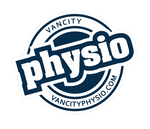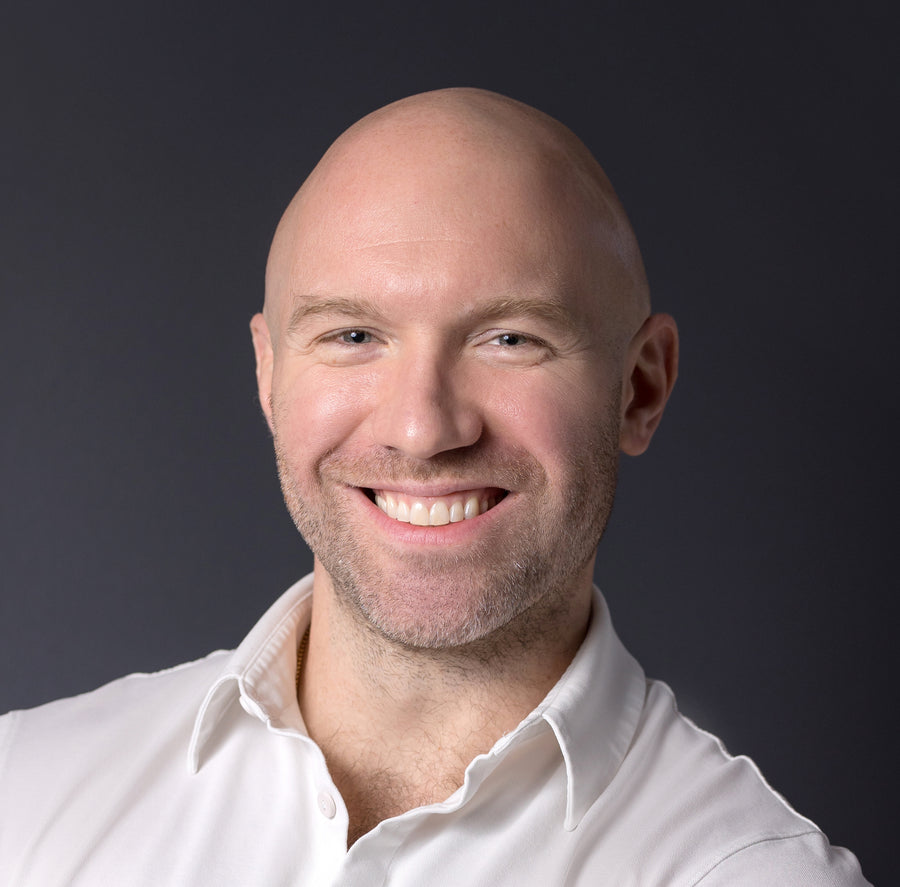Being well into summer, many of us will be inspired to brave the weather and have a hit. Like with many sports or activities, if it is something our body is not used to doing you may be at risk of injury. A common injury associated with racket sports is Rotator Cuff Related Shoulder Pain (RCRSP). Here is some information to help keep you on the court.
What is RCRSP?
The rotator cuff is made up of 4 muscles that move the arm and help stabilize the shoulder joint. RCRSP is a broad term that includes rotator cuff tendinopathy, tendinitis, tendinitis, partial and non-traumatic full-thickness rotator cuff tears, impingement and subacromial pain. RCRSP is the most common shoulder condition and accounts for 50-85% of all shoulder pain.
What causes RCRSP?
Unfortunately it is not just isolated to racket sports and often occurs with repetitive use of the arm, using your arm above your head and sudden changes in training or load. It is also more frequent as you get older with people over 40 at greater risk.
Specifically to racket sports, other causes can be string tightness, grip size, poor technique and reduced range of motion and strength through the upper body or shoulder.
What are the common symptoms of RCRSP?
- Pain at rest and at night, particularly if lying on the affected shoulder
- Pain when lifting and lowering your arm or with specific movements
- Weakness when lifting or rotating your arm
- Cracking or grinding sensation when moving your shoulder in certain positions
How do you treat RCRSP?
At Pure Physio a physiotherapist can help confirm that your shoulder pain is mechanical in nature and rule out other conditions that require additional testing and treatment. Once a diagnosis is confirmed, the physio can educate you about recovery time, task ergonomics, what you should and shouldn’t do and how to best return to your daily activities. The physiotherapist will work with you to help manage your symptoms and help you remain as active as possible.
There is high quality evidence to show that physiotherapy treatment for shoulder pain can help speed up recovery time and may include a combination of hands-on therapy, dry needling, taping, education and exercise. Exercise therapy is the main non-surgical intervention for RCRSP and a physiotherapist will design a tailored exercise program for your rehabilitation.
How can you prevent RCRSP?
- Increase your training volume or activity gradually
- Give yourself time to recover
- Do exercises to improve the strength and mobility or your upper limbs
- Improve your technique
- Conditioning through regular physical exercise
- Seek help and make sure your racket is right for you
- If you are in the off season, maintain your physical activity
- Warm up and cool down
- Cross train or mix up your exercise routine
Book a consultation today: https://vancityphysio.janeapp.com/
Follow us on Instagram for more information: VanCity Physio (@vancityphysiotherapy)


